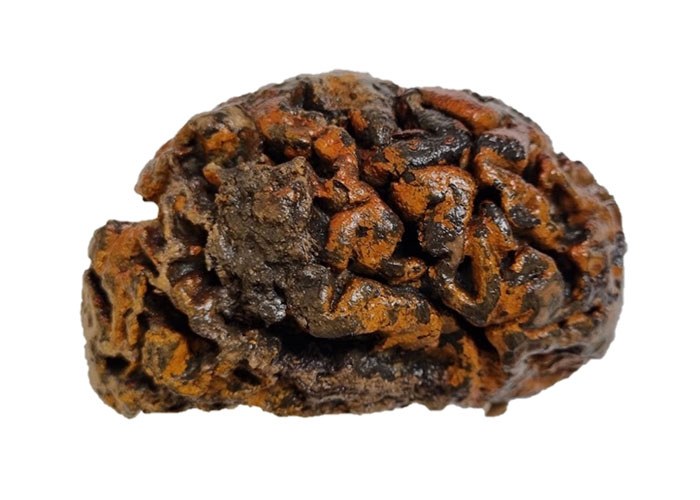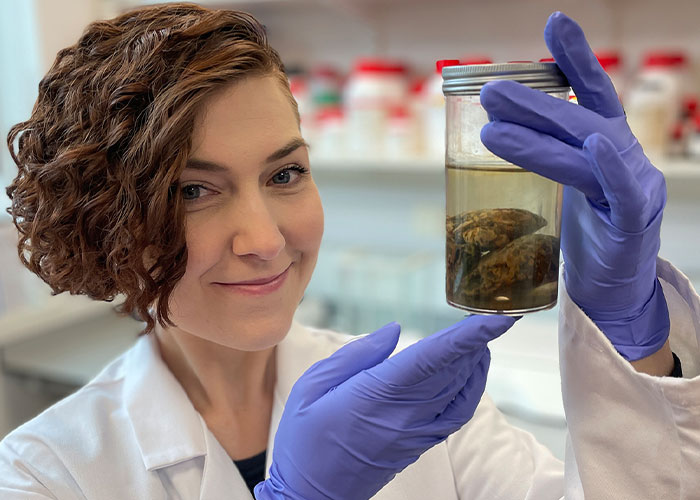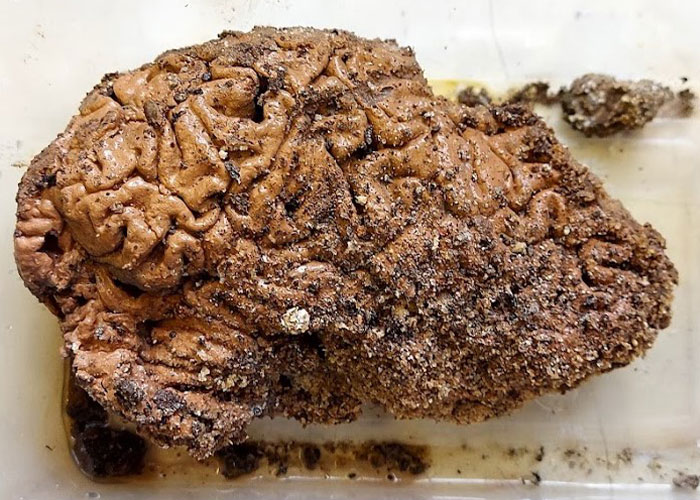[ad_1]
Archaeologists have discovered preserved human brains courting again hundreds of years in the past, however little was identified concerning the preservation of the organ. Till now. The invention of over 4,400 human brains spanning 12,000 years might have helped discover a new preservation mechanism, presenting an untapped useful resource for bioarchaeological research of human evolution and well being.
The mind is regarded as among the many first human organs to decompose after loss of life, the College of Oxford Forensic Anthropologist Alexandra Morton-Hayward wrote along with her co-authors.
For this reason the invention of brains preserved within the archaeological document is considered uncommon, the researchers said in a brand new paper printed on Wednesday (March 20) within the journal Proceedings of the Royal Society B.
Though mechanisms reminiscent of dehydration, freezing, saponification, and tanning are identified to permit for the preservation of the mind when they’re lower than 4,000 years previous, the invention of older brains is way rarer.
Archaeologists uncovered over 4,400 preserved human brains spanning 12,000 years, doubtlessly revealing a brand new preservation methodology
Picture credit: Alexandra Morton-Hayward
Nonetheless, after amassing greater than 4,400 human brains throughout roughly 12,000 years, researchers discovered that brains preserved within the absence of different delicate tissues point out an unknown mechanism that could be accountable for preservation, significantly to the central nervous system.
“Some delicate tissue preservation is well-studied. Dehydrating and freezing—consider Egyptian mummies or frozen our bodies,” Alexandra informed Science.
She continued: “Generally fats within the physique can flip to a soaplike substance after loss of life that preserves tissue, a course of known as saponification.
“And in peat bogs, the acid in sphagnum moss places delicate tissue by way of a tanning course of that always preserves mind tissue.
“However on this paper, we’ve recognized a fifth class: a whole bunch of brains which are preserved even when all of the physique’s different delicate tissue has decomposed.”
Forensic Anthropologist Alexandra Morton-Hayward co-wrote the research
Picture credit: Alexandra Morton-Hayward
The scientists concerned within the research recognized a complete of 4,405 preserved human brains from 213 distinctive sources, which had been reported from each world area besides Antarctica. Furthermore, the brains had been universally described as discolored and shrunken.
The researchers in contrast the variety of preserved human brains with different delicate tissues in archaeological databases, and so they discovered that whereas inner delicate tissues like muscle and intestine had been uncommon, preserved brains had been rather more frequent.
The outcome steered that brains have been preserved extra incessantly than beforehand thought.
“My perception, primarily based on the proof, is that it’s one thing specific to the central nervous system, due to the mind’s distinctive biochemistry,” Alexandra informed Science.
She additional defined: “There are fat within the mind that aren’t expressed anyplace else within the physique, and sulfur-containing proteins which are a part of the mind’s signaling mechanism.
“I believe all that’s fusing collectively to kind a recalcitrant materials that may protect for a extremely very long time.”
The brains that had been found had been described as discolored and shrunken
Picture credit: Alexandra Morton-Hayward
Historic brains might present new and distinctive palaeobiological insights, serving to us to higher perceive the historical past of main neurological problems, historical cognition and habits, and the evolution of nervous tissues and their capabilities, the scientists said within the paper.
As for the moral considerations of working with a long-deceased particular person’s mind, Alexandra defined that within the U.Ok., analysis into human delicate tissues was regulated by a regulation often known as the Human Tissue Act (HTA).
Subsequently, if the tissues are greater than 100 years previous, the fabric isn’t deemed to fall underneath the HTA’s purview.
The anthropologist added: “However clearly, no matter how previous they’re, we nonetheless wish to deal with these stays with respect and with dignity.
“After years of working as an undertaker, I’m at all times aware these are human beings.”
The invention sparked totally different reactions on social media
[ad_2]










